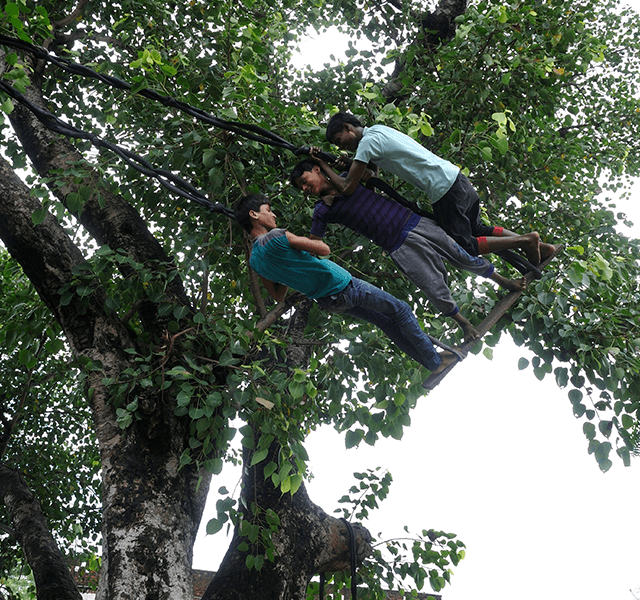

The RMNCAH+N strategy in Uttar Pradesh is key to improving maternal and child health outcomes. With unique challenges such as high rates of early marriage and low contraceptive use, an integrated approach to family planning is essential. UP TSU supported the Government of Uttar Pradesh by developing a competency-building framework to strengthen knowledge and skills of RMNCAH+N counsellors. This brief highlights the journey of these competency-building initiatives to address critical health challenges in the state.
Read MoreThe SBA trainings are designed to enhance the capabilities of ANM and Staff Nurses (SNs) at District Hospitals, Community Health Centers (CHCs), and Primary Health Centers (PHCs) to improve the quality of intrapartum and newborn care and achieve better maternal and newborn health outcomes. In November 2022, a gender e-module was integrated into the SBA training to ensure gender-responsive service provision.
The video aims to capture the impact of the gender e-module training from Uma Shankar Dixit Women’s Hospital in Unnao and the steps taken by the staff and leadership to make the facility more gender-responsive, inclusive and equitable.
PAHAL Issue 23 highlights UPTSU’s contributions to improving healthcare in Uttar Pradesh. The key interventions include facilitating newborn care initiatives, launching training programs for healthcare staff, supporting ICDS in training Mukhya Sevikas, and improving vaccine coverage. These efforts demonstrate UP TSU’s commitment to making healthcare more accessible and effective across the state. The issue also highlights the activities conducted by the State Technical Support Unit TB – Uttar Pradesh, which includes the strategic push adopted to enhance the presumptive TB examination rate and also the training and pilot launch of the Pharmacy app.
Read MoreThe Maharashtra Exemplar Report highlights the state’s significant progress in reducing maternal and newborn mortality between 2000 and 2018, achieving the Sustainable Development Goal (SDG) target for maternal mortality and nearing the SDG target for neonatal mortality. These findings are part of the Exemplars in Maternal and Newborn Health Study, that aims to understand positive outliers and inform policy and practice.
Read MoreThe UP TSU designed and implemented a unique Integrated Family Planning (FP) Survey to provide a 360-degree overview of FP use, service availability and quality of services. This study includes currently married women (15-49 years), FLWs, and facility-based providers catering to the FP needs of women in study areas. This report identifies key areas for program strengthening to improve modern contraceptive uptake in the state.
Read More